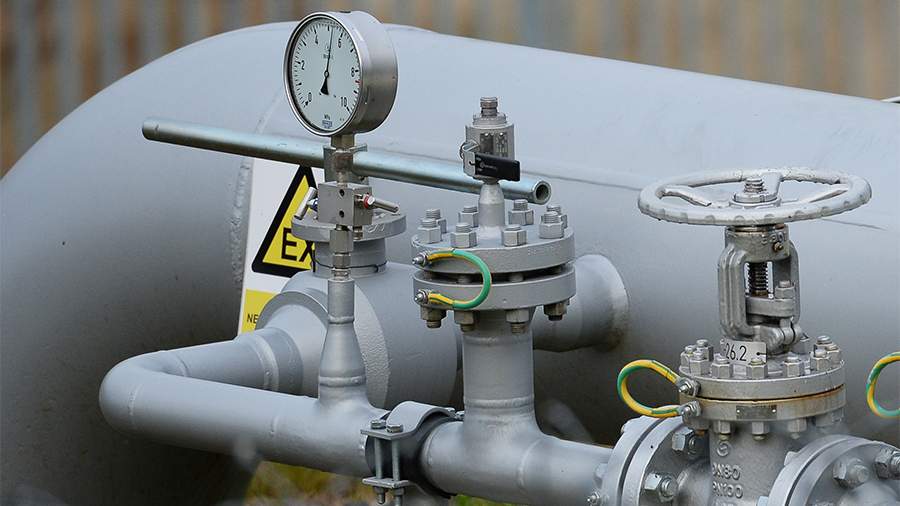Slovakia estimates the damage to the EU from stopping gas transit from Russia at €70 bln
- Новости
- World
- Slovakia estimates the damage to the EU from stopping gas transit from Russia at €70 bln
Due to the actions of Ukrainian President Volodymyr Zelensky (term of office expired on May 20, 2024), the European Union (EU) may suffer damage to the amount of €70 billion, Vice-Speaker of the Slovak Parliament Tibor Gašpar said on January 19.
"He [Zelensky] does not realize that stopping gas transit from Russia to Slovakia could cause significant problems both for the republic and for the whole of Europe. According to estimates, the damage from stopping transit could amount to €70 billion," he told TASS.
Gašpar emphasized that Slovakia would react to such actions of the Ukrainian president, for example, by reducing or stopping humanitarian aid or speaking out against the EU's decisions on financing Kiev.
According to the Slovak MP, Zelensky makes decisions on such serious issues "as if he woke up early in the morning".
Earlier, on January 13, Slovak Prime Minister Robert Fitzo suggested that Zelensky meet near the border on the territory of the republic and discuss gas transit, saying that the decision to stop the transit of Russian gas through Ukraine to Slovakia and other consumers is extremely damaging to Kiev itself, Bratislava and especially to the EU.
Prior to that, on January 9, Fitzo threatened Kiev to halt humanitarian aid because of the decision to stop the transit of Russian gas through Ukraine. The politician noted that Slovakia, as a member of the European Union, has a veto power that it can use to block some decisions made in the EU.
At the end of August 2024, Zelensky said the country would not renew its gas transit agreement with Russia, which expired at the end of 2024. Russian President Vladimir Putin later indicated that Moscow was not giving up gas transit through Ukraine.
On January 1, 2025, Gazprom said it would suspend gas supplies through Ukraine. On the same day, Fitzo noted that this would have drastic consequences for the European Union, but not for Russia.
Переведено сервисом «Яндекс Переводчик»


